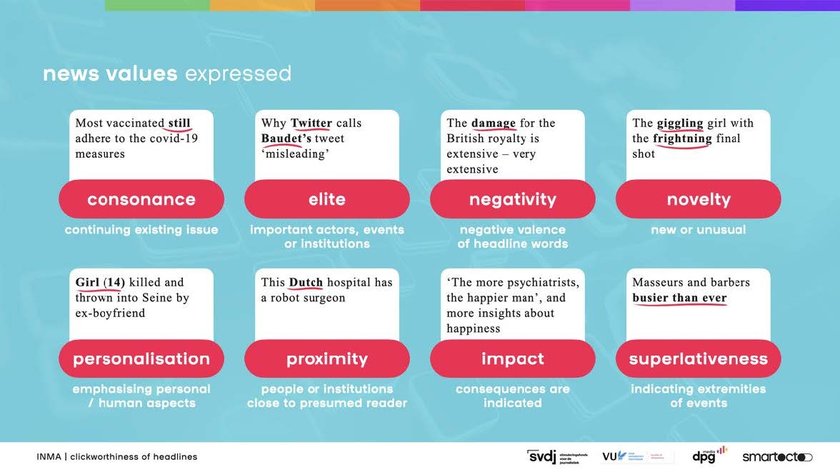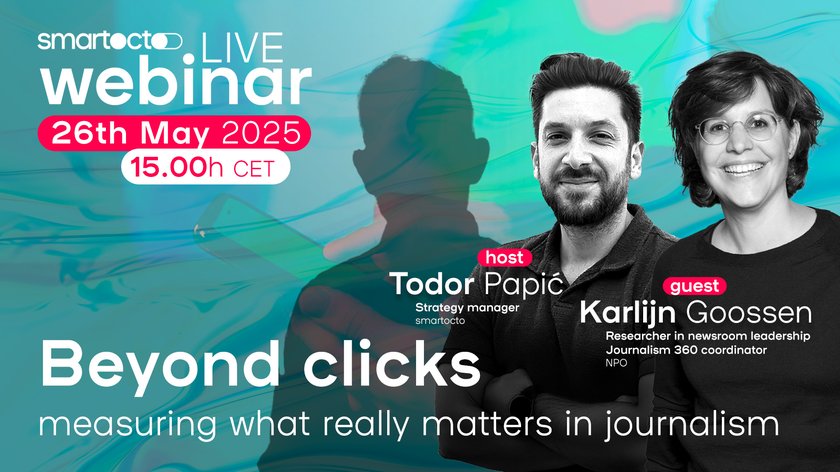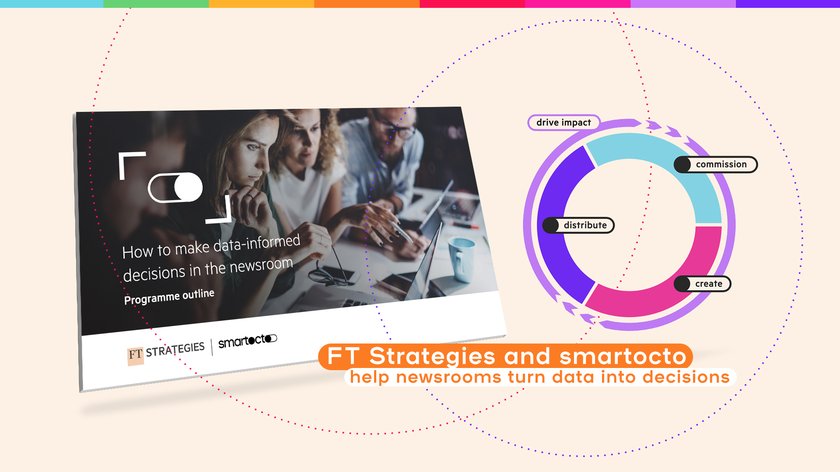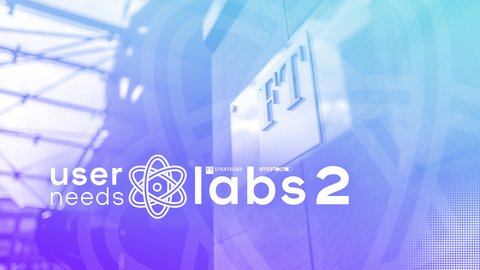I was in my local bookshop a couple of days ago and overheard the staff having a conversation. They were unpacking a box of new books and they stopped mid-task to look at one of them. “Ugh,” said one. “This is going to be impossible to sell. It looks like a non-fiction thing about modern politics.”
I sidled over to have a look (it’s that kind of shop). She was right. It looked exactly like that. The book was, in fact, a well-reviewed work of literary fiction and had very little to do with modern politics, but it screamed “put me with the books about the problems of government”.
The point is, whether the first impression you’re dealing with is a book cover, a photograph or a headline, if it doesn’t distill the essence of the ‘thing’ accurately, you’re going to be in trouble.




